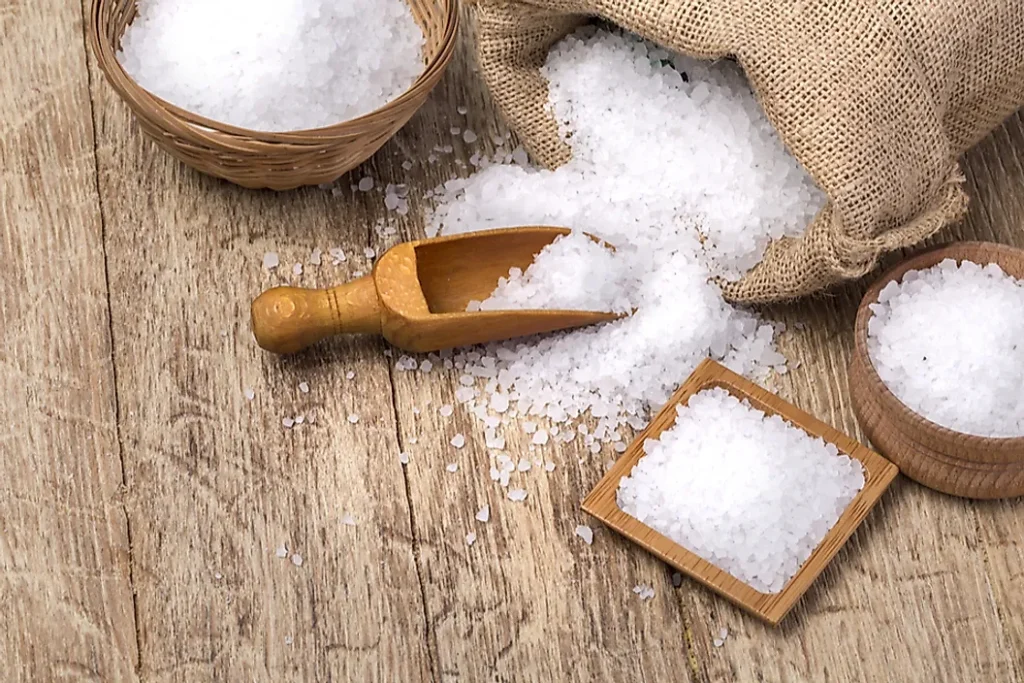In Italy, salt production is a centuries-old tradition that is still going strong today. The country has a long coastline, which provides an ideal environment for salt production. Another thing Italy is famous for is gambling games. If you are interested in gambling then test your luck at 20Bet.
Historical Notes

Salt has been harvested in Italy since Roman times. In those days, salt was a very valuable commodity and was even used as currency. Salt production was so important to the Roman Empire that the government actually owned and operated the salt pans.
During the Middle Ages, salt production in Italy declined due to a number of factors. The first was the fall of the Roman Empire, which led to a decrease in trade and a general decline in the economy. Additionally, barbarian invasions disrupted salt production and transport. It wasn’t until the 12th century that salt production in Italy began to rebound.
The Republic of Venice was a major player in the salt trade. The city of Venice controlled the Adriatic Sea, which was a key route for salt transport. Venice also had a monopoly on salt production in the region, which made it a very wealthy city. Salt production in Italy reached its peak in the 16th century. At that time, there were more than 200 salt pans in operation.
However, the introduction of rock salt from Poland began to cut into Italy’s salt production. Additionally, the development of the railways made it easier to transport salt from other countries, further reducing Italy’s salt production.
Nowadays Production

Today, there are only a handful of salt pans in operation in Italy. The most famous and largest salt pan is in the city of Trapani, on the island of Sicily. The Trapani salt pan is more than 2,000 years old and is still in use today. Salt production in Italy may not be what it once was, but it is still an important part of the country’s history and culture.
The process of salt production has changed very little over the centuries. Sea water is heated in large pans until the water evaporates, leaving behind salt. The salt is then collected and transported to be used in a variety of ways. Salt is an important ingredient in the production of many food items, such as bread, cheese, and cured meats. It is also used for a variety of other purposes, such as in the production of soap, glass, and textiles.
The Sicilian salt pans are some of the oldest in the world, and the island has been producing salt for over two thousand years. The pans are located in a number of different places, including the town of Marsala, where the Marsala wine is produced.
Salt production is an important part of the economy of Sicily, and the island is home to a number of salt museums that allow visitors to learn about the history and process of salt production.
